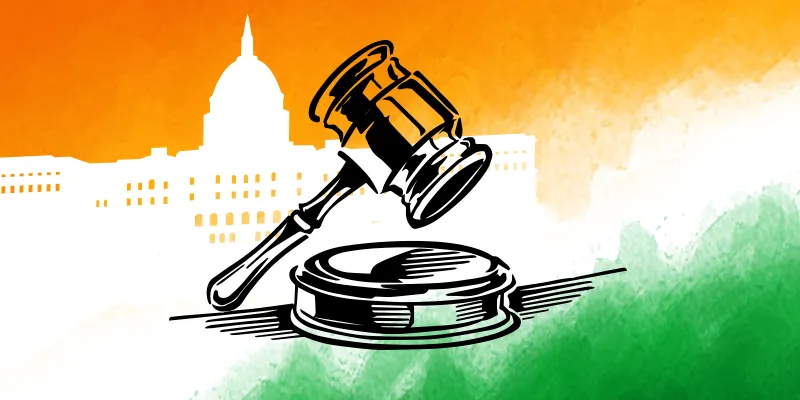Indian startups that courted trouble in the US
The stand-off between startups and the authorities is out in the open in India. Many startups have been dragged to court by the authorities for flouting norms and have found themselves embroiled in a legal battle.

The phenomenon is not peculiar to India; such standoffs are taking place overseas as well.
This year alone, many Indian startups that were making a name for themselves across the seven seas suddenly found themselves in troubled waters. They faced charges ranging from “misleading” investors to “snooping” to “privacy violation”.
Here, we have a list of companies that grabbed the headlines for flouting norms on foreign soil this year.
Mu Sigma faced a lawsuit for misleading investors: In March this year, Mu Sigma found itself the focus of a lawsuit, when Aon Corp. Founder Patrick G. Ryan claimed he was cheated out of hundreds of millions of dollars when Mu Sigma downplayed its growth in order to buy back its shares at a lower price.
In the lawsuit, Mu Sigma and its founder were accused of “grossly misleading” investors six years ago to redeem 17.5-percent ownership of the data-analytics outsourcing startup.
Ryan’s Walworth Investments LLC alleged that Mu Sigma’s Founder Dhiraj Rajaram portrayed the company with dim prospects at a time when it was actually thriving. “The founder schemed “to buy out a significant shareholder at an artificially low price,” the complaint filed in Chicago state court says.
Silverpush accused of snooping: Early this year, the Federal Trade Commission (FTC) shot off a warning letter to 12 app developers who installed in their apps software created by SilverPush that is capable of allowing third parties to monitor the television-viewing habits of consumers.
The FTC warned app developers that they were embedding the software without notifying consumers. The letters also note that nowhere do the apps in question provide notice that the app could monitor television-viewing habits, even when not in use. The letter said this practice by app developers could be in violation of Section 5 of the FTC Act.
However, Silverpush claimed its code had not yet been embedded in television programming in the US.
InMobi fined for privacy violation: This month, the US consumer protection regulator fined InMobi $950,000 for privacy breaches.
According to the Federal Trade Commission, InMobi was accused of tracking the locations of hundreds of millions of consumers, including children, without their consent -- in many cases totally ignoring consumers’ express privacy preferences.
However, the company said it was the inadvertent result of a technical glitch. In a statement, it said: “During the investigation by FTC, InMobi discovered there was a technical error at InMobi’s end that led to the process not being correctly implemented in all cases.”
TCS fined by US court: Definitely not from a startup league but one of the most reputed companies of India, Tata Group’s Tata Consultancy Services and Tata America International Corp were slapped a $940-million fine by a US grand jury for allegedly “brazenly stealing trade secrets, confidential information, documents and data” belonging to Epic.
In a statement, TCS acknowledged the receipt of the verdict, but denied any wrongdoing.
This is surely not the first time any company has been accused of wrongdoings. Surprisingly, many big names (companies) have faced lawsuits for breach of laws of the land. Experts say litigation is inevitable, and in some cases probable warranted, but lawsuits do affect businesses.
While big companies can bear the cost of such entanglements, monetary and otherwise, and to some extent even the loss of goodwill, as well as consumers, fledgling startups can ill-afford to cross the lines of the law, deliberately or foolishly.







